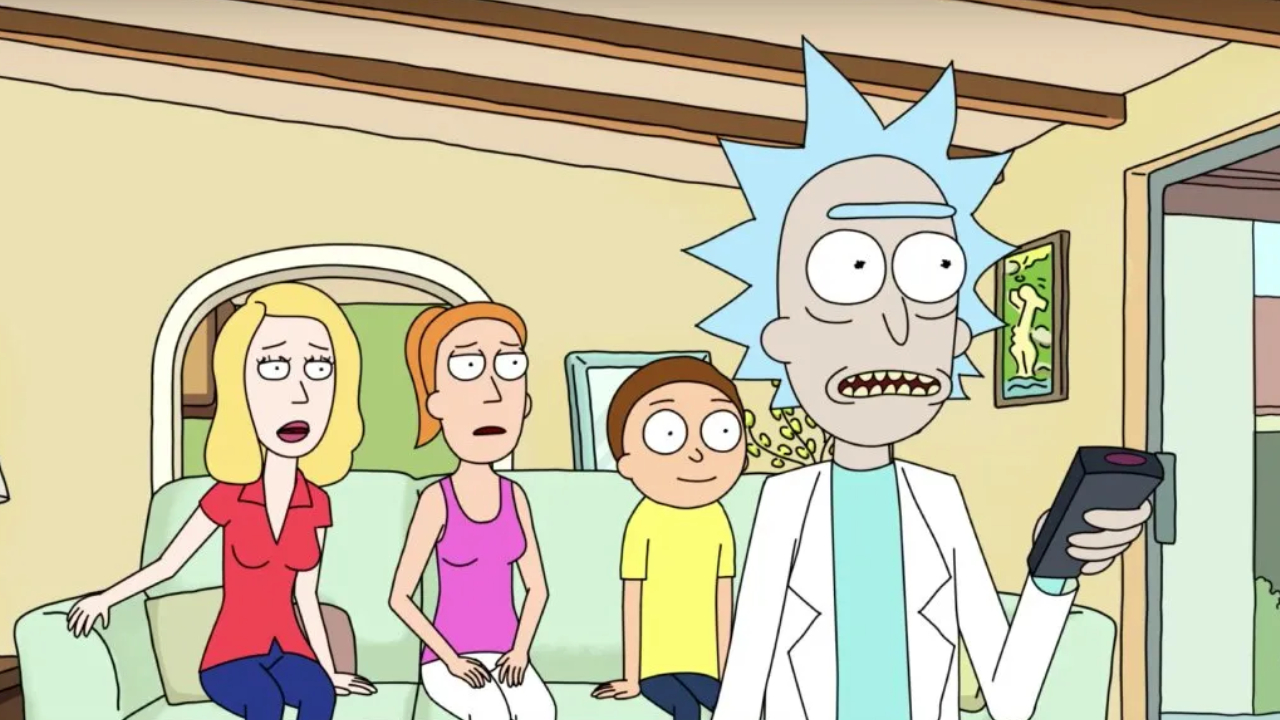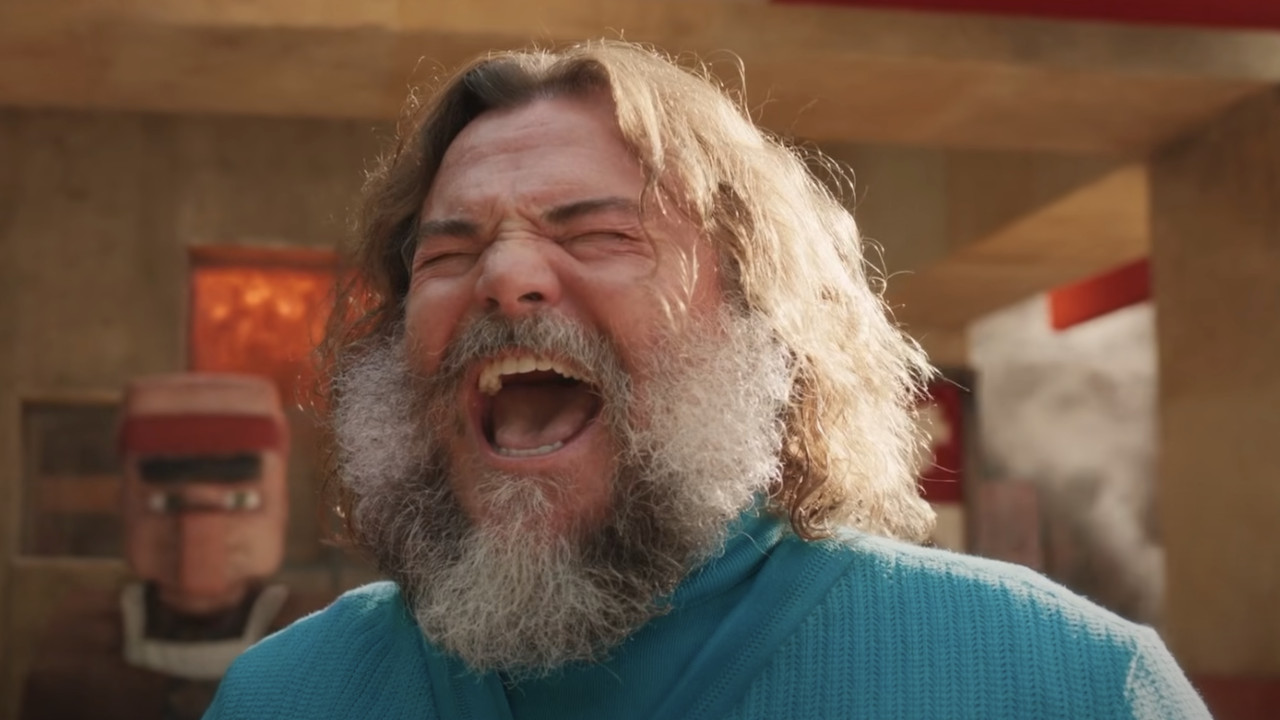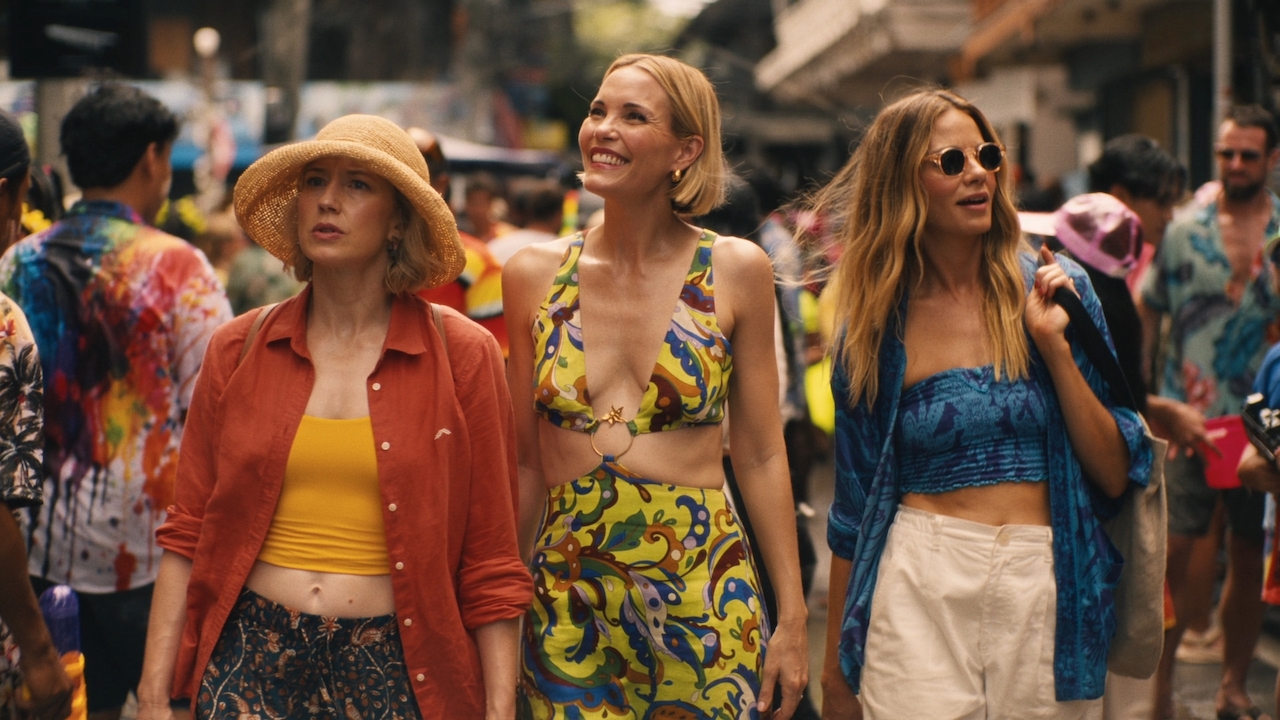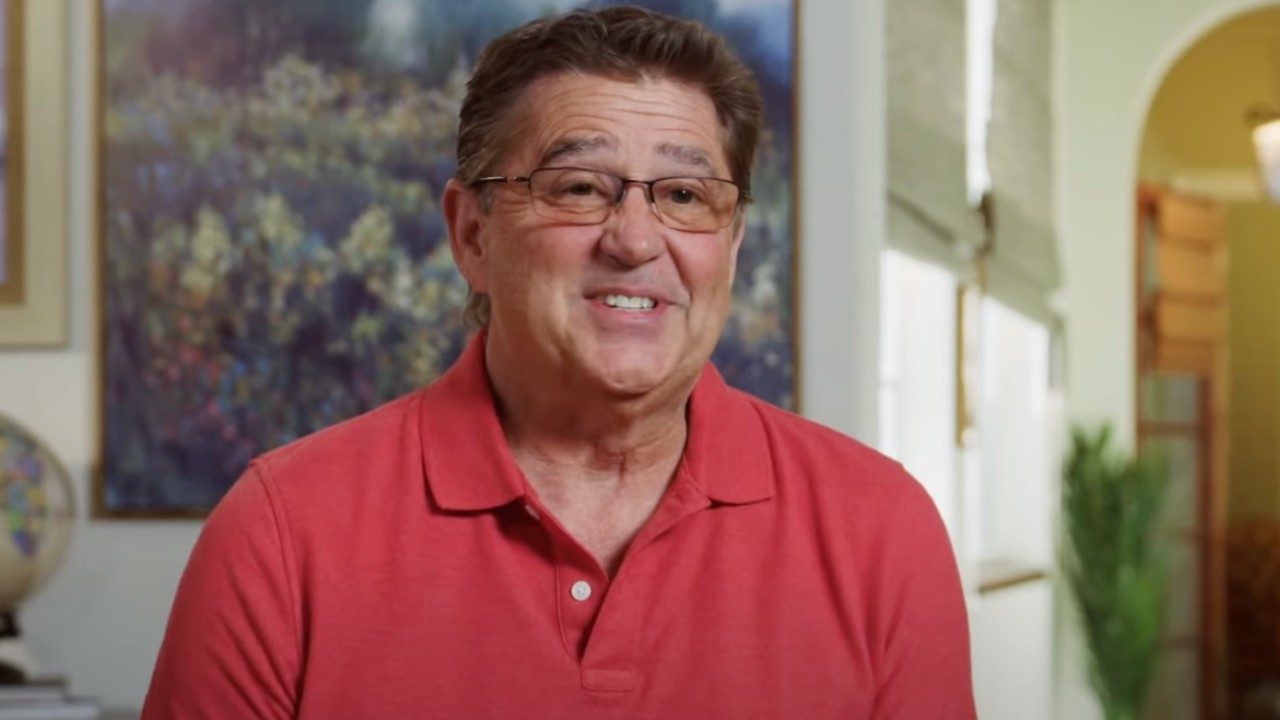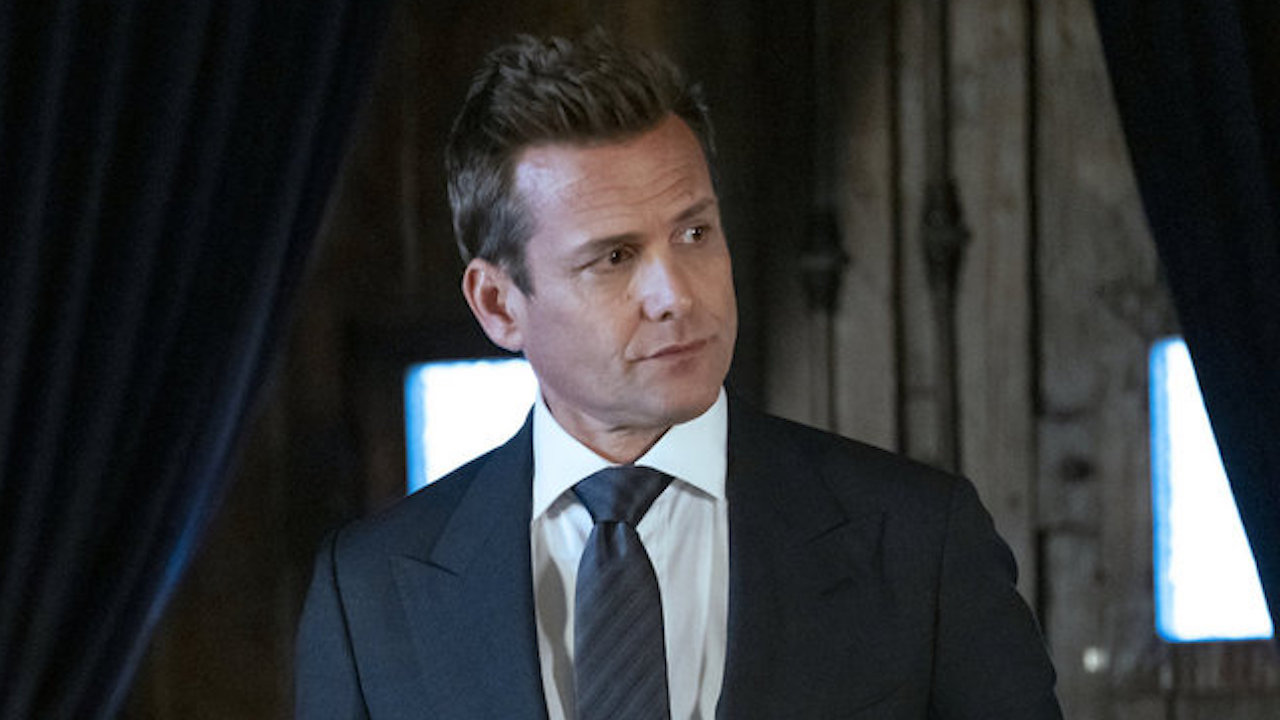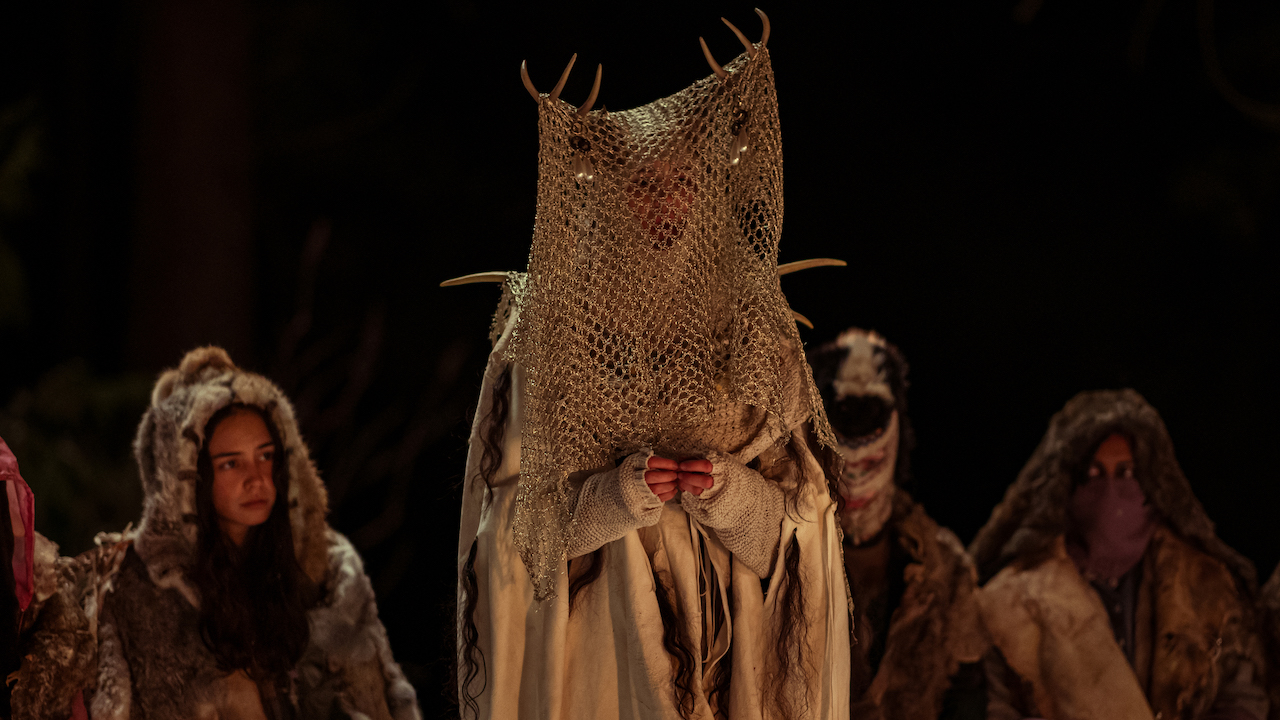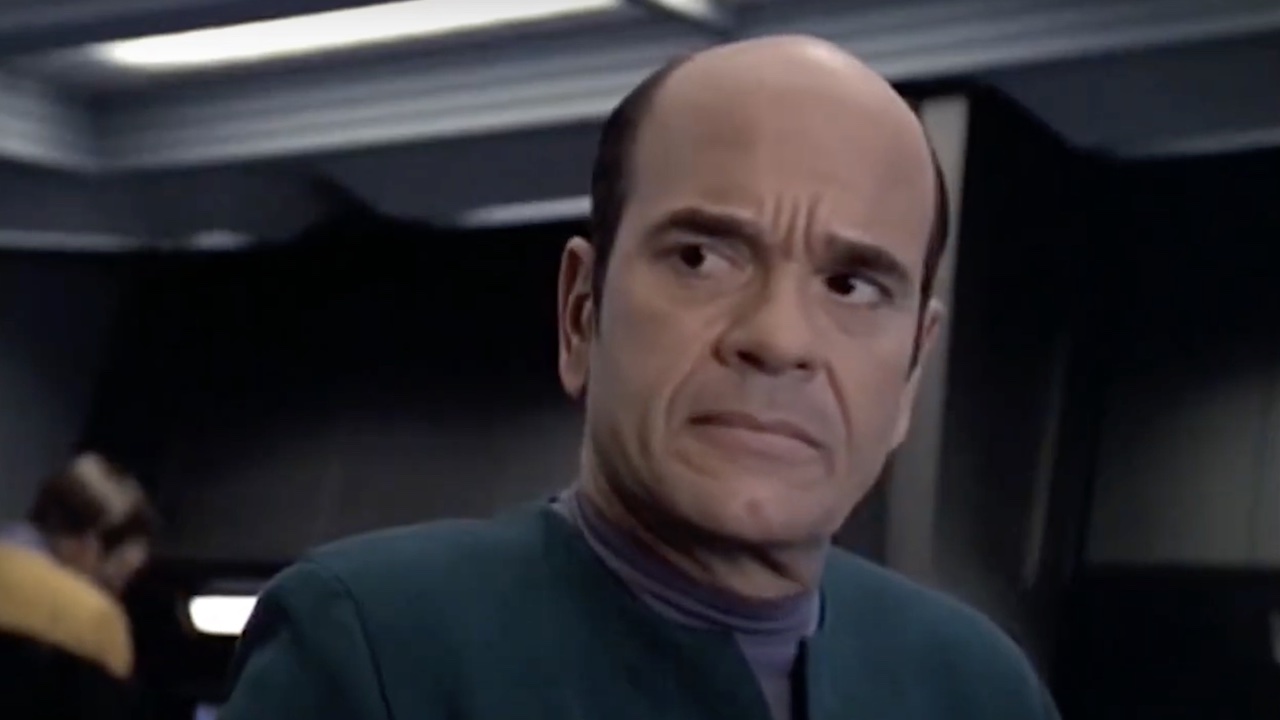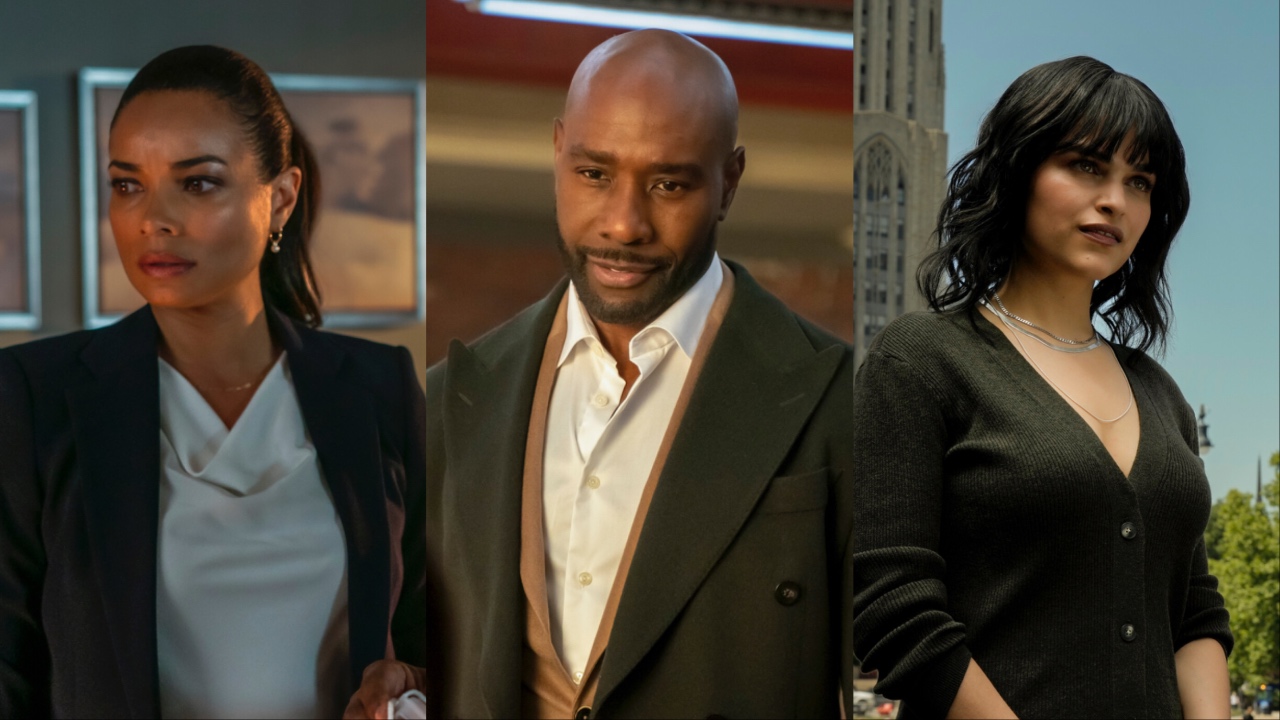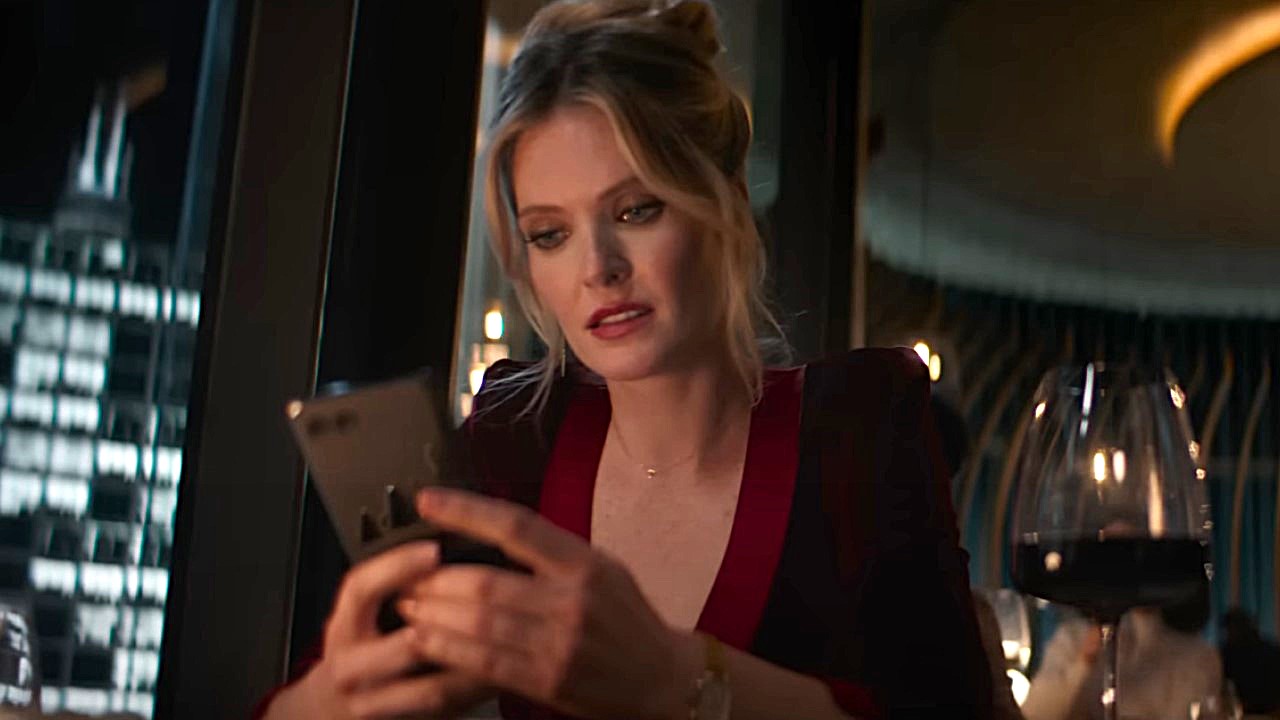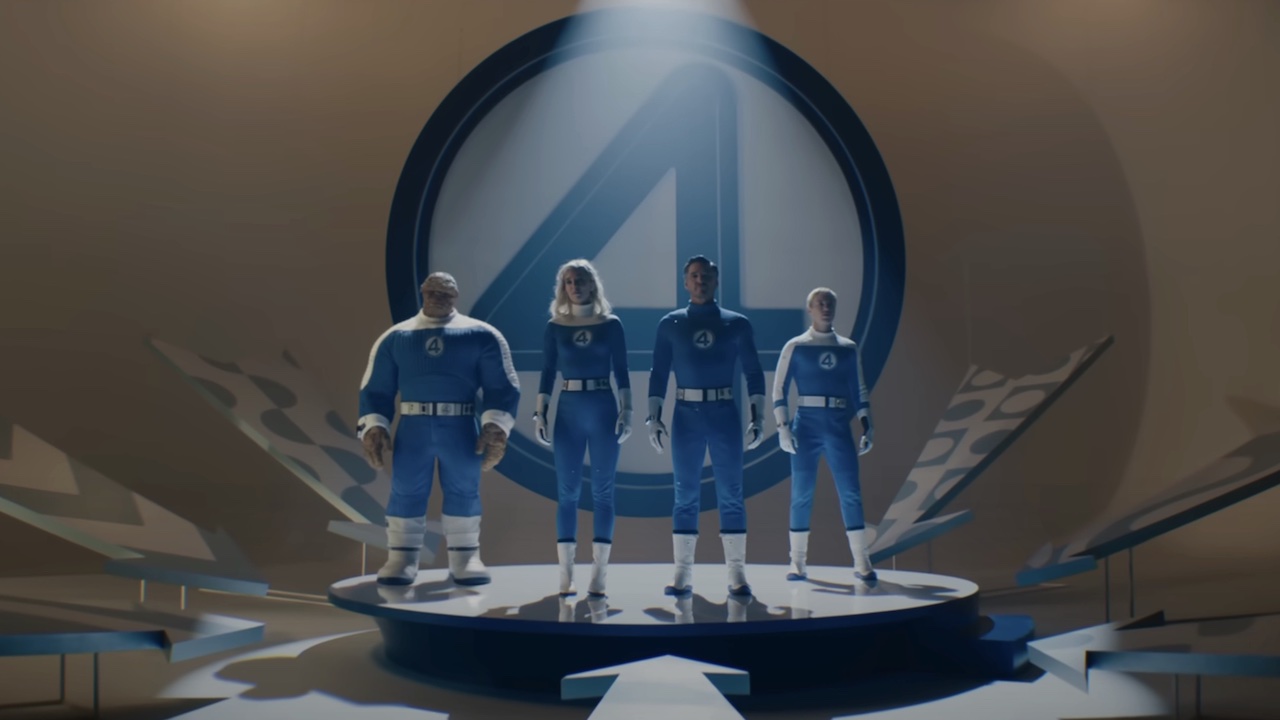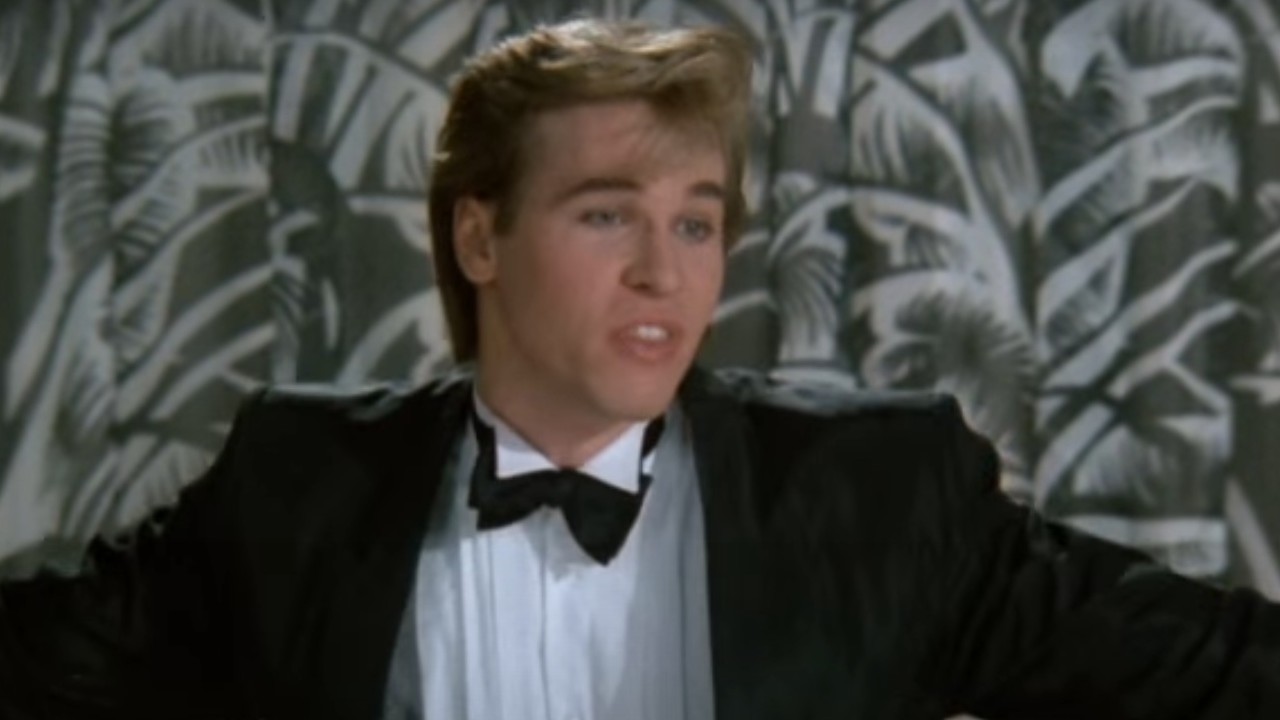Interview: Carey Mulligan And Alfred Molina Of An Education
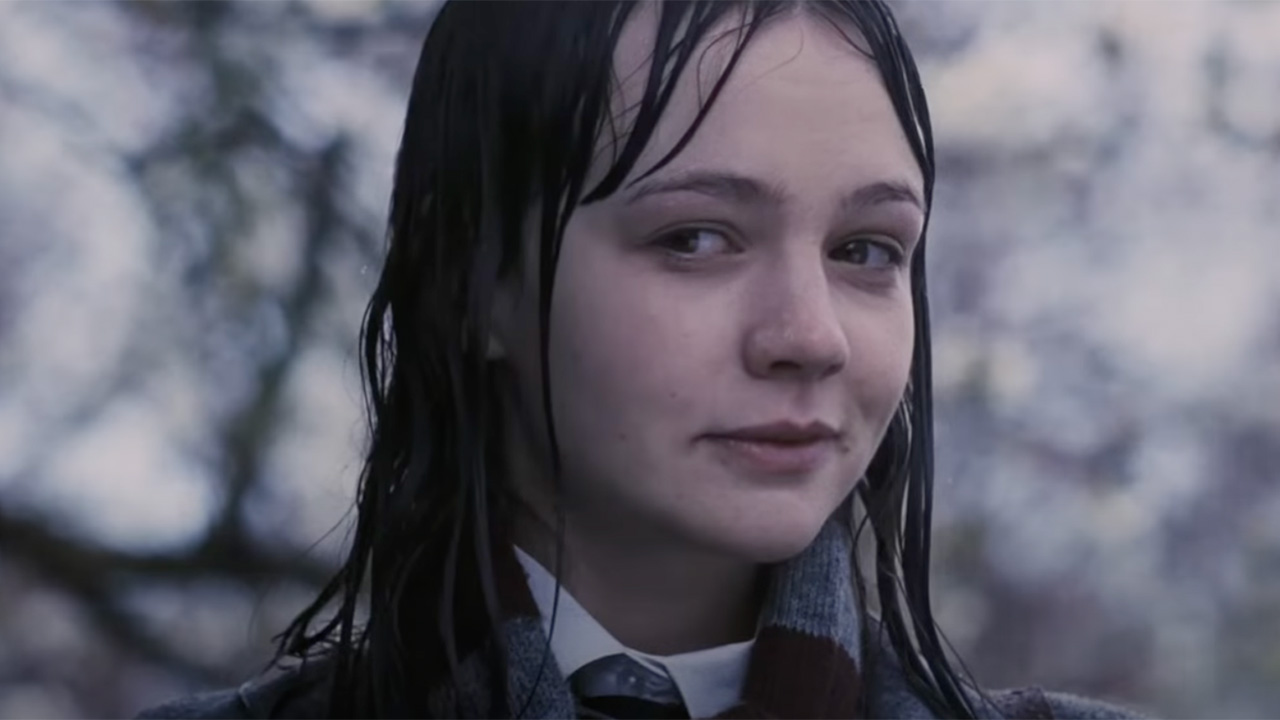
When you're sitting in a room with a renowned actor of stage and screen who was also in Spider-Man 2, and a rising young star who's dating Shia LaBeouf, who do you talk to the most? Luckily Alfred Molina made the choice easy for those of us gathered to interview him and An Education co-star Carey Mulligan, graciously ceding most of the questions to 24-year-old Mulligan, who spoke with poise and great humility about the role that, even with the movie opening today in the United States, has changed her life entirely.
In An Education Mulligan plays Jenny, a 16-year-old girl stifled by the social restrictions of life in 1961 England, who life is changed when she meets a handsome older man (Peter Sarsgaard) and begins dating him, almost miraculously, with the approval of her parents. Molina plays her dad, a man who has struggled hard to become part of the middle class and wants nothing more than for his daughter to have even more success.
Below we talk about working with Danish director Lone Scherfig, Mulligan's work on stage with Sarsgaard, and whether or not a major role in a great film and serious Oscar buzz can change a person's life (Mulligan says it hasn't, for what it's worth). An Education opens today in limited release, and I promise you'll be hearing plenty more about it in the coming months.
When you got this script, did you know anything about this era?
Mulligan: No, not really. I kind of thought, oh, it's a 60s film! That'll be fun. I didn't think it was this bit of the 60s. I thought it was the fun part. I knew about the swinging 60s, and I knew about Carnaby Street being a cool place to go and buy nice clothes, and free love and that kind of thing. That side of things I didn't really know much about.
Can you talk about working with Lone and being directed by someone who isn't English?
Molina: I didn't find that her Danishness was in any way a problem or a hindrance. My argument was always that very often a foreign eye actually enables a story to be illuminated in a much more interesting and original way. In terms of our film, I think it meant that she was untrammeled by any kind of subtle insinuation of the class system. The story I think for her lived in a very emotionally, very real way. Lone didn't have necessarily any particular axe to grind.
CINEMABLEND NEWSLETTER
Your Daily Blend of Entertainment News
Mulligan: Also she found a joy and humor in things that kind of passed us by. She makes Battenburg cake funny, whereas we would have been, ugh, Battenburg cake..
Molina: Yes, we might have been in danger of just thinking it was pathetic. She found the poetry.
Carey, I saw you in The Seagull last year, and no one knew who you were. Can you talk about the change in your life since this movie started garnering so much attention?
Mulligan: My life hasn't really changed. You say that no one knew who I was in The Seagull; that's still the case. Peter and I did The Seagull together on Broadway, and he would give me a lift home every night and say 'I'm not going to Sundance because of Uncle Vanya [the next Broadway production Sarsgaard did], but don't expect it to sell.' He managed by expectations. It wasn't a particularly good year to be an independent film at a film festival, so I didn't really expect anything. The brilliant thing, and what I'm really grateful for, is that An Education has kind of, because certain people have seen it, it's given me opportunities to meet people or work with people that I wouldn't have had last year.
When you worked with Peter on Broadway, did that come before or after this film?
Mulligan: Well we did the original production in 2007 in London. It was Chiwetel Ejiofor, he played Trigorin. But he went on to play Othello, so he wanted to let someone else take the part in New York. So then when they started recasting, they were going to recast four characters, Ian Rickson would ring me up and give suggestions or ask for ideas. It was just about the time when we were starting to shoot An Education, and he rang me one day. He didn't know I was filming An Education, and I was in the car with Peter, and he said "What do you think about Peter Sarsgaard?" You can't really approach someone after two weeks and say, "We just met, but do you want to spend four months with me doing a play?" But then they approached Peter officially, and he kind of came on.
Was it hard to be 16 again for the film when you're actually 22?
Mulligan: I've always played parts younger than myself. It's only recently that I've started playing my own age. So no, that didn't really worry me. And the script was so specific and detailed, and her age was informed by the way she treated people around her. I didn't think, oh, I've got to be a schoolgirl. I also didn't think there was a huge difference between being 16 and 24. It was really small changes that you make. You know, you're better at capping your emotions, it's small changes. I made my voice a tiny bit higher, because I've got a quite low voice in real life. But that was it.
Is there any actor who has had an impact on your career or who you particularly admire?
Mulligan:Yeah, Alfred Molina. Molina: Write that down! Mulligan: Well, yeah. I didn't go to drama school, and my first job was Pride and Prejudice, so from the beginning I've been so lucky. I've been surrounded by people I admire. It was day one, Judi Dench. I've gotten to work with a lot of these people, and I still am treating that as my training, not just observing how everybody else does it and trying to fit into it. I guess Emma Thompson, for a female, is the biggest sort of influence. We had one day to shoot all those scenes together. She was amazing. She knew the first names of the whole crew by about 11 o'clock in the morning. And in the evening we ran over by about a half hour, so she got beer and wine and pizza for the whole crew and had a "we ran over!" party. She was amazing.
Are you named after Joyce Carey?
Mulligan: No. I'm named after my brother's babysitter.
We just got a look at the alternative ending from the script.
Mulligan: Oh, God.
My feelings exactly. How did that wind up not getting used?
Mulligan: We filmed it in Oxford. They wanted these crane shots of Jenny riding through the streets with a new man, looking like she'd found the life she was looking for. So we shot all of that first, then we shot Peter's coverage of this scene, where he wants her back. Then we ran out of time. The sun went down a nd they hadn't shot anything on me. And three weeks later in Richmond, in the rain, they tried to recreate Oxford. We had to wait for the rain to stop, so half the crew had gone to the pub for about five hours. By the time we got back on set, my hair was blowing away from my face, my face was frozen, my lips were blue. So it was like blue-lipped me, with a white wall behind me, and then Peter looking sunny and glorious and handsome. I think also it just wasn't right. It didn't feel like it was adding anything to the story to have him come back, and I don't think he did in real life. It was one of those triumphant movie moments where she says, I don't need you, I've got my own life.
Staff Writer at CinemaBlend

